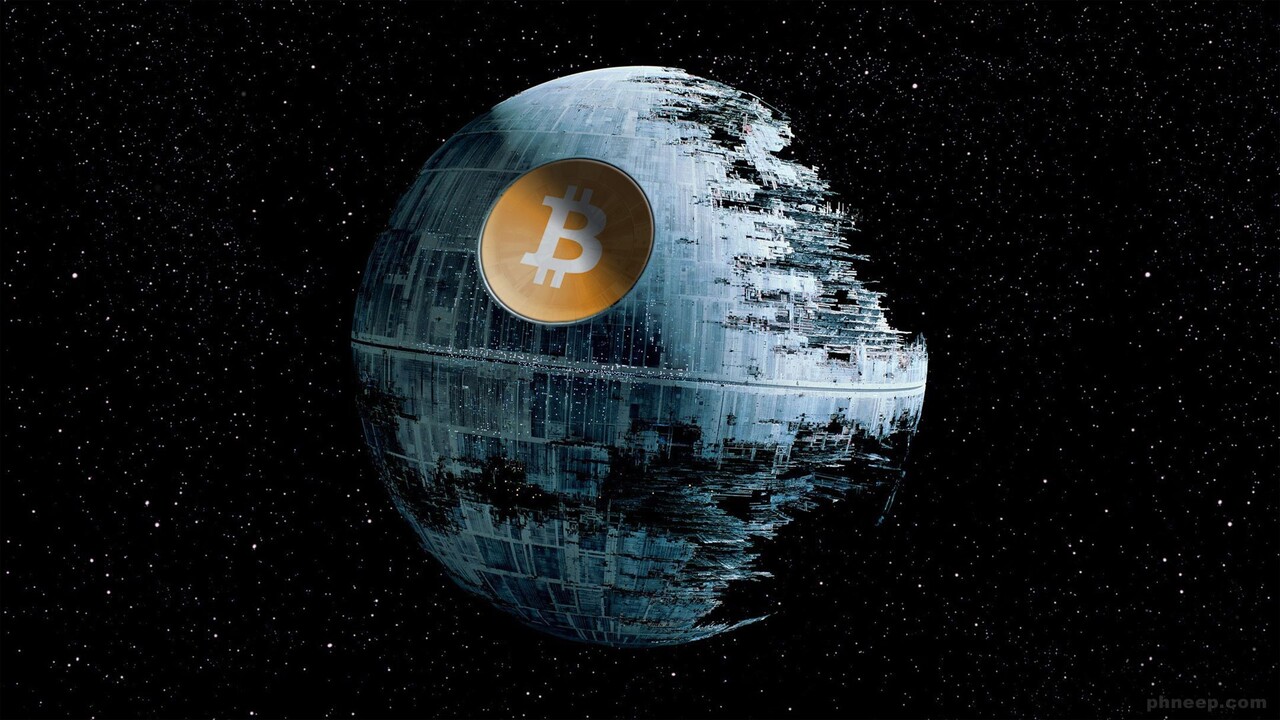Unlocking Fortune: The Bitcoin Lottery Miner Revolution
Unlocking Fortune: The Bitcoin Lottery Miner Revolution
Blog Article

The rise of copyright has transformed the way we think about money and investment opportunities. Among the myriad of innovative concepts, the bitcoin lottery miner stands out as a fascinating blend of luck and technology. This new breed of mining taps into the excitement of lotteries while leveraging the power and security of the Bitcoin network. Essentially, it allows participants not only to mine Bitcoin but also to enter a lottery, providing the chance to win substantial rewards in an engaging format.
As more individuals seek alternative ways to generate income and secure their financial futures, the bitcoin lottery miner offers a unique avenue. It combines the thrill of chance with the potential for profit in a decentralized digital currency. With the growing popularity of cryptocurrencies, understanding how this hybrid approach works can open doors to new possibilities for both seasoned investors and newcomers alike. The bitcoin lottery miner revolution is not just a trend; it's an opportunity to participate in an evolving landscape where technology, finance, and entertainment intersect.
Bitcoin mining opportunities for copyright fans
Understanding Bitcoin Lottery Miners
Bitcoin lottery miners represent an innovative intersection of copyright and gaming, creating a unique opportunity for participants to engage in both mining and lottery systems. The concept combines traditional elements of lottery participation with the mining process of Bitcoin, allowing individuals to earn potential rewards while contributing to the blockchain. This fusion has attracted a diverse audience, from tech enthusiasts to casual gamers, all drawn by the allure of possible earnings through a relatively new method of participation.
In essence, a Bitcoin lottery miner operates by utilizing computing power to mine Bitcoin while simultaneously entering lotteries. Miners use their hardware to solve complex mathematical problems, generating Bitcoin in the process. Each mining attempt can also equate to a ticket in a lottery, which means every successful mining operation may increase one's chances of winning a jackpot or smaller prizes. This dual approach not only incentivizes mining but also adds an exciting layer of gamification, transforming the mining experience into a competitive and potentially lucrative endeavor.
The popularity of Bitcoin lottery miners continues to grow, driven in part by the increasing interest in cryptocurrencies and decentralized finance. Participants are drawn to the chance to win substantial sums by simply engaging in the mining process, making it accessible to a broader audience. As this revolutionary method of combining mining with lottery mechanics gains traction, it illustrates the evolving landscape of copyright engagement and the potential for innovative financial opportunities within the digital realm.
The Mechanics of Winning
Winning in the bitcoin lottery miner ecosystem relies on a combination of chance and strategic participation. Each lottery entry is akin to purchasing a ticket, where miners contribute their computational power to validate transactions and compete for prizes. The more computational power one has, the higher their chances of being selected as a winner. Miners utilize complex algorithms to solve cryptographic puzzles, and those who succeed typically receive bitcoin rewards, as well as the opportunity to win additional prizes through lottery-style draws.
An important aspect to consider is the randomness involved in the lottery process. Despite the use of advanced technology and mining rigs, the outcomes are ultimately decided by chance. Miners must be aware of their mining pool's strategies and payout structures, as these can directly affect their probability of winning. Additionally, many pools distribute rewards based on contribution, which incentivizes participants to enhance their mining power in hopes of increasing their odds.
To maximize success, miners should stay informed about the latest developments in the bitcoin lottery scene. Participating in community discussions and analyzing trends can provide valuable insights. Additionally, understanding the underlying technology and algorithm improvements can enable miners to make more informed decisions about their participation and investment strategies. By combining knowledge with effective mining practices, individuals can navigate the complexities of winning in the bitcoin lottery miner world.
Future Trends in Bitcoin Lotteries
As technology evolves, the landscape of Bitcoin lotteries is set to undergo significant transformations. With the rise of blockchain technology and smart contracts, future Bitcoin lottery platforms will likely enhance transparency and trustworthiness. Participants will have access to immutable records of draws and winnings, ensuring an unprecedented level of fairness. This shift will not only attract more users but also appeal to investors who prioritize authenticity in gaming environments.
Additionally, the integration of artificial intelligence and machine learning could revolutionize how lottery games are designed and operated. By analyzing user behavior and preferences, platforms may offer personalized experiences, adjusting game mechanics to increase engagement and satisfaction. Moreover, this technology could streamline the process of managing lottery funds and payouts, reducing operational costs and making participation even more appealing.
Lastly, as global acceptance of cryptocurrencies continues to grow, we may see an influx of new markets and demographics participating in Bitcoin lotteries. This expansion could lead to innovative marketing strategies and partnerships with other industries, creating a holistic ecosystem that encompasses not just gaming, but other forms of entertainment and financial services. As Bitcoin lotteries evolve, they will likely become a staple in the broader landscape of online gaming and digital finance.
Report this page